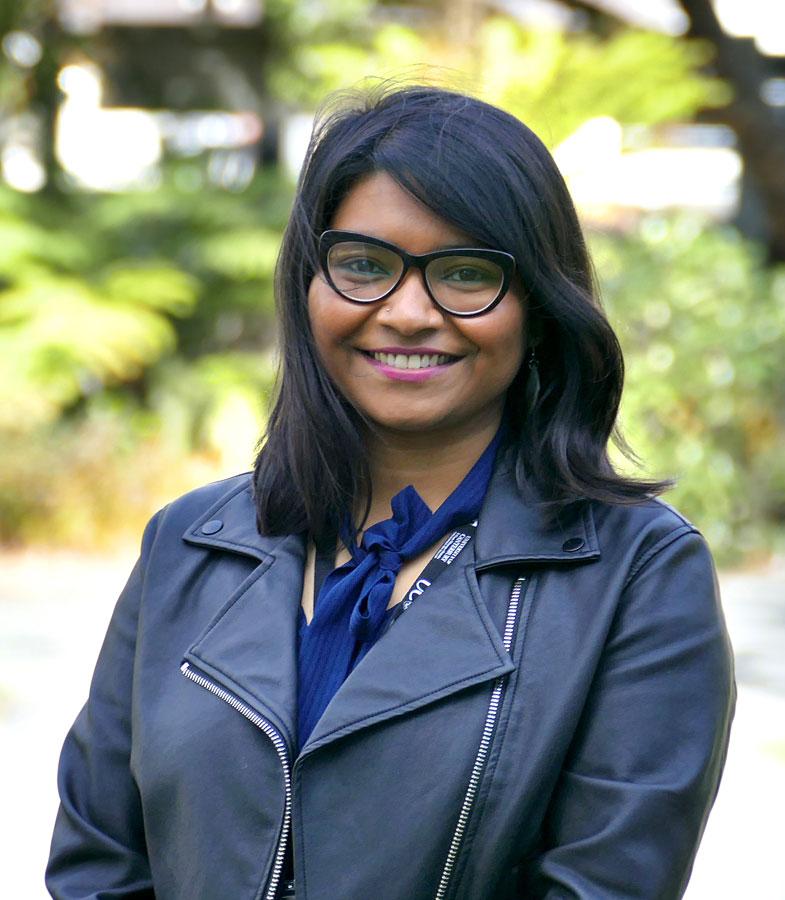Listen on Spotify | Stitcher | Youtube | Apple Podcasts
In this episode
00:47 Geoeducation, basically, is about how we can teach geology better.
01:05 My research focuses on the idea of how we can make science, and more specifically geology, more accessible to students across all age groups.
01:33 I'm looking at the use of digital storytelling to improve people's understanding of the risks and hazards that are related to volcanic eruptions and unrest.
04:12 Aotearoa has a Māori foundation, right? It's also understanding those perspectives, trying to understand those stories.
04:21 When we go out into the community and share this tool, people can see that it is acknowledging their voices, it's not just us coming forward and saying this is what you should do.
04:40 That is the way not only to ensure authentic engagement, but also active participation from people.
09:28 I think the path I have taken is not very conventional.
11:04 Every day I'm amazed myself about how am I so excited about what I'm doing. But that’s what it is, if you are truly passionate about what you do, even if it's difficult, you'll just enjoy it.

Dr Sripana Saha
PhD student Dr Sriparna Saha has found her passion in studying GeoEducation. She chose to go into science communication as a way to combine her love of science, research and academia with other interests like storytelling, creative writing and art. This all-rounder is learning more every day as she contributes her own pool of knowledge to a growing field.
“Every day I'm amazed at how excited I am by what I'm doing. If you’re truly passionate about what you do, even if it's difficult, you'll enjoy it.”
Read more: Sriparna's UC journey
Blog posts: The not-so-obvious choices | Geology rocks under a virtual microscope | What happens inside volcanoes?

Molly Magid
Molly Magid is an MSc student at UC. A recent graduate of Brown University, Molly is working on research in conservation genomics with Associate Professor Tammy Steeves from the School of Biological Sciences. Molly is passionate about finding ways to communicate science to the public in a clear, novel, and engaging ways. Most recently, Molly worked as the lead student producer on the podcast Possibly, which answers listener's questions about sustainability using relevant science research.

